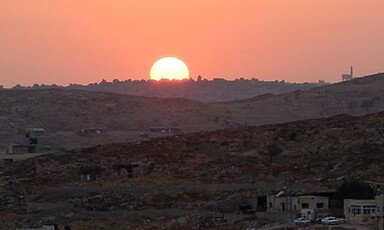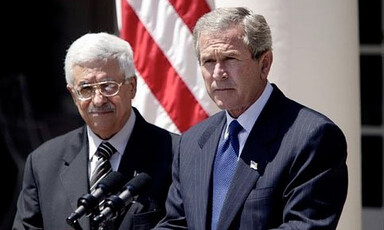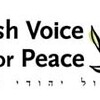
A West Bank Story: New Year's in a Garden on the Moon
Jericho, Palestine 15 February 2005
3 February 2005 — The Jericho Intercontinental is a very posh hotel built next to a casino, both of which were finished just as the Second Intifada started and thus never really opened. But they dusted themselves off and offered a New Year’s Eve party, a night in a big lavish room, and two meals for $90 each. Several Palestinians and internationals jumped at the chance, eager for a change in scenery and atmosphere. I loaded up with some Palestinian officemates and friends into a service taxi on New Year’s Eve, and we made the long journey bypassing the Qalandia checkpoint. Read more about A West Bank Story: New Year's in a Garden on the Moon








